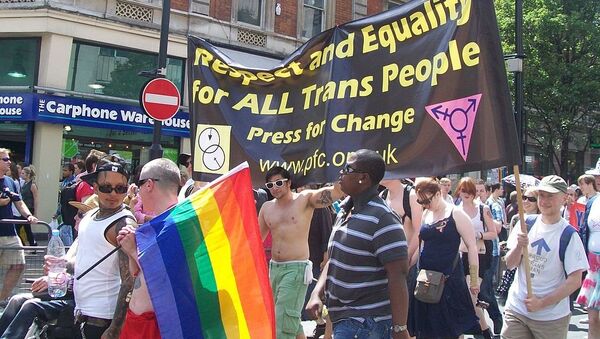Last November, the Federal Constitution Court ruled that Germans must be allowed to be entered in records as neither male nor female, saying the records must either eliminate the category of gender or create "another positive designation of their sex that is not male or female," AP reported.
The ruling concluded a three-year legal battle involving an intersex person — someone whose sex characteristics do not fit standard definitions of either male or female — who used a karyotype analysis to prove that they had only one X chromosome but no other sex chromosome, a condition known as Turner Syndrome.
As a consequence of the ruling, parents will now have the option to register their newborns as "diverse" instead of male or female, and adults can voluntarily opt to change their gender to diverse on their legal records.
The Cabinet's decision must still be approved by parliament, The Hill notes.
Franziska Giffey, Germany's Federal Minister for Family Affairs, Senior Citizens, Women and Youth and representative of the Social Democratic Party in the government's ruling coalition, said the ruling is "an important step toward the legal recognition of people whose gender identity is neither male nor female," Pink News reported.
The Constitution Court of Austria, Germany's neighbor, ruled in June that people can be entered in official records as something other than male or female, if they so wish, but since Austrian law doesn't explicitly require that someone's legal gender be male or female, there was no need to write a new law for the change.
In May, Pakistan passed a sweeping civil rights law for transgender and third gender people that extended the right of legal recognition of khawaja sira, a third gender in Desi society, on all legal forms and identification, Sputnik reported.
A number of other countries have some form of third gender or gender x identification on legal forms as well, including Australia, New Zealand, India, Canada, Portugal, some US states and the District of Columbia, a federal district that houses the US capital.
However, many other cultures recognize a third gender and other non-binary genders as well, although they do not yet have legal status.





